VOL XXII
Popular history is often shaped by subsequent narratives. Ask anyone who secured independence for India from the British, and the answer you'll hear mostly is Mahatma Gandhi. Ask someone who brought freedom to Bangladesh from the draconian rule of West Pakistan; the response almost unequivocally will be "Bangabandhu" Mujibur Rahaman.
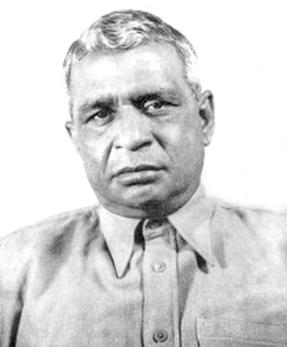
As any discerning person can make out, as great as the above-mentioned men were and the critical role they played in their respective nations' March to independence, it is impossible for one individual to pull off such a humongous mission on their own. Hence, pages of history naturally miss many, many names who played very vital roles in said independence quests.
But today, I am going to tell you about a man, a hero who was pivotal in the freedom movement of both India and Bangladesh and eventually paid for it with his life. This is the story of Dhirendranath Dutta.
Dhirendranath Dutta was born on November 2nd, 1886, in Ramrail village of Brahmanbaria sub-division of Tripura district (present-day Comilla). His father was a lawyer who emphasized the value of education from a very young age. Dhirendranath completed his school education locally and, in 1904, travelled to Calcutta, where he enrolled in Ripon College, founded by "Rastraguru" Surendranath Banerjee – the leading nationalist voice of the time.
A year later, Viceroy Lord Curzon announced his nefarious plans to divide Bengal into religious lines. Inspired by Surendranath and Tagore, young Dhirendranath plunged headlong into the protests against the partition. He soon joined the All India Congress Committee. Although Dhirendranath followed the activities of the Hardliner faction of the Congress closely, in his heart, he was more an admirer of the Moderate faction.
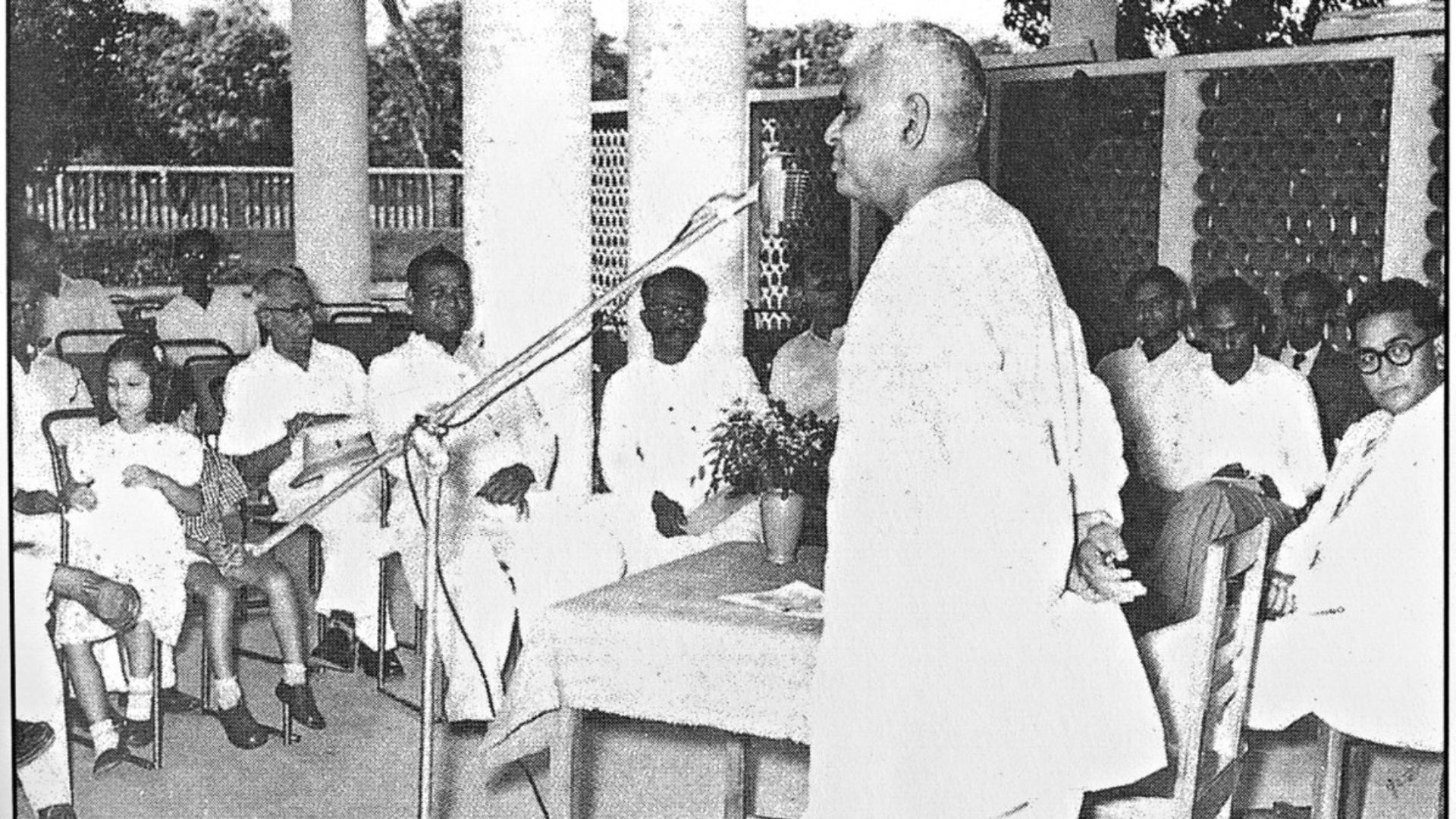
In time, he came upon the direct influence of two of the greatest Swadeshi leaders – Mahatma Gandhi and "Deshbandhu" Chittaranjan Das. At a meeting in Comilla in 1921, CR Das urged all Indian lawyers to boycott practice in British courts. Dhirendranath, who had followed his father into the trade, took heed and quitting his legal career, he joined politics full time. As a true Gandhian, he worked tirelessly to promote inter-religion harmony, adoption of Khadi & boycott foreign-made goods as well as fought against untouchability.
In fact, he formed an organization called Mukti Sangha to educate people and thus try to remove the stigma of untouchability. Mukti Sangha also worked diligently during natural calamities and did some fantastic work during the dreaded Bengal Famine of 1943. In 1937, Dhirendranath was elected to the Bengal Legislative Council. In 1942, he was thrown behind bars for participating in the Quit India Movement.
As independence approached, so did voices for Pakistan – a separate state of Muslims. Dhirendranath was strongly opposed to the idea of partition and was vocal about it. However, as partition became a sad reality, he refused to move to India. Such was his deep love for the land where he was born, and he stayed on in Comilla. A new struggle was about to begin for Dhirendranath.
In the newly-born state of Pakistan, the shots were called by Urdu-speaking West. The Bengalis of East Pakistan increasingly found themselves short-changed on most things. What rankled above all was the effort to impose an Urdu hegemony across the nation. Dhirendranath would soon become a vocal voice against it.
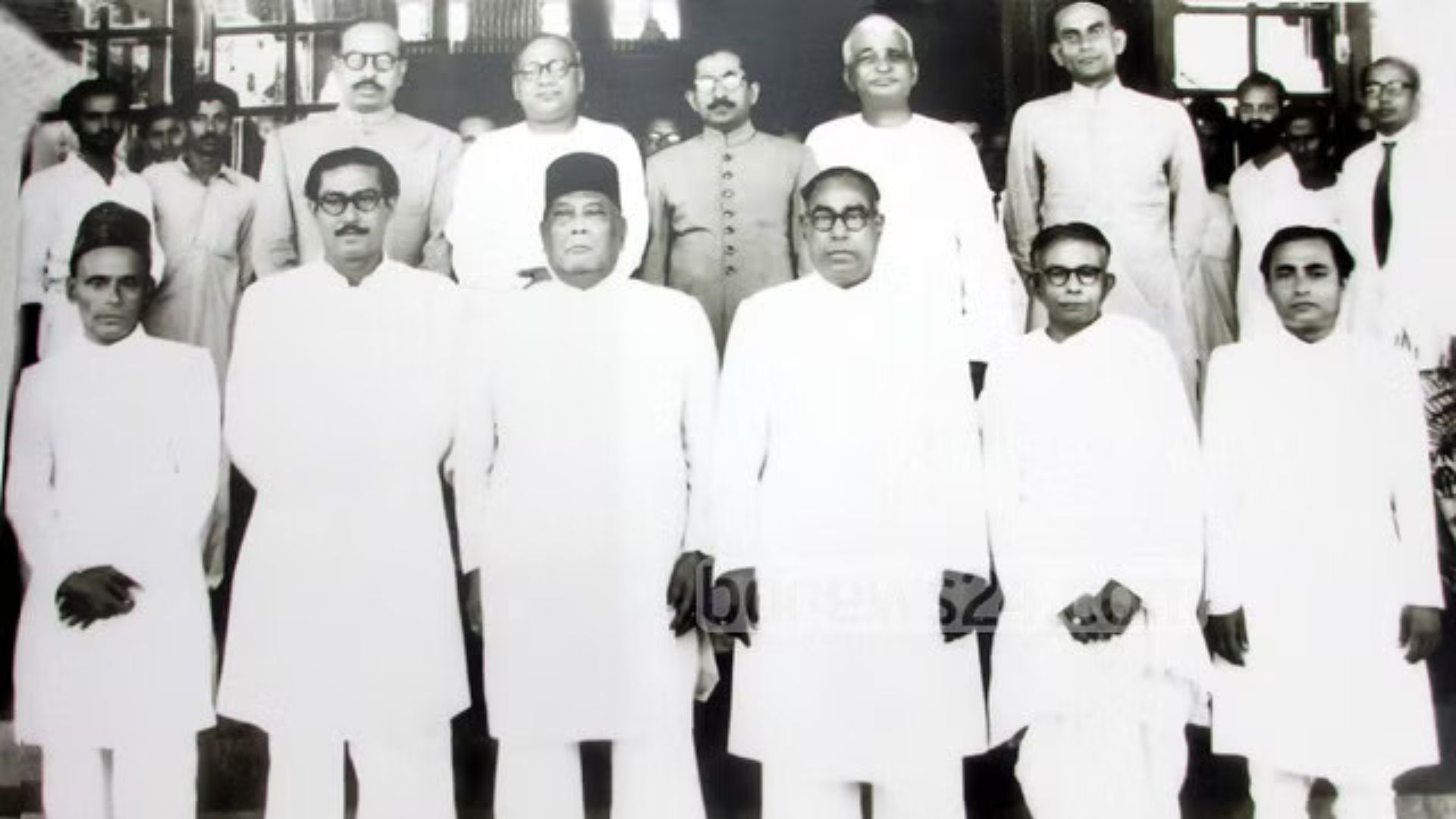
Initially, Dhirendranath had chosen to believe Muhammad Ali Jinnah's inaugural speech to the Constituent Assembly of Pakistan on August 11th, 1947, where Pakistan's 1st governor general had stated that no one would be discriminated against in the new state of Pakistan on the basis of race, religion, language and so forth. However, it didn't take long for disenchantment to set in. But Dhirendranath, although now well past 60, had not lost his fighting spirit.
On February 25th, 1948, he was speaking for an entire race when he stood up in the Pakistani Assembly in the presence of Prime Minister Liaqat Ali Khan and uttered these immortal lines: "I know, Sir, that Bengali is a provincial language, but, so far as our state is concerned, it is the language of the majority of the people of the state. So although it is a provincial language… it is a language of the majority of the people of the state and it stands on a different footing, therefore. Out of six crores and ninety lakhs of people inhabiting this state, four crores and forty lakhs of people speak the Bengali language. So, Sir, what should be the language of the state? The language of the state should be the language which is used by the majority of the people of the state, and for that, Sir, I consider that the Bengali language is a lingua franca of our state."
Sadly, on that day, he found little support from other representatives of East Pakistan in the Assembly who chose to remain mum. But in less than three years, the fire ignited by Dhirendranath Dutta had spread across East Pakistan as the protests against forced Urdu imposition became a universal truth for the Bengalis.
In 1954, the Muslim League was routed in the East Pakistan legislative elections, and a coalition government came to power in Dacca. Dhirendranath Datta was a part of the 1954 United Front govt. Although it was dismissed within less than two months on a technicality, Datta later served as Minister of Health and Social Welfare for East Pakistan from 1956 to 1958.
After Iskander Mirza promulgated Martial Law in 1958, Dhirendranath Dutta was debarred and disqualified from active politics. At the time of the India – Pakistan War of 1965, Dutta was placed under house arrest, and his passport was seized. Throughout, he was branded as a "traitor" and "anti-national."
With his advancing age, he gradually withdrew from active politics. However, as a leading voice of Bengali nationalism, he remained a target for the establishment.
Dutta was well aware of the same. In letters to his elder son Sanjib who was based in Calcutta, he even expressed apprehension about being targeted by the regime. But nothing could make him leave the country, even as his son sent one pleading letter after another. Dhirendranath, an old-fashioned patriot, believed he owed his life to the land where he was born. And at the moment the land faced a grave crisis, he could not turn his back on it.
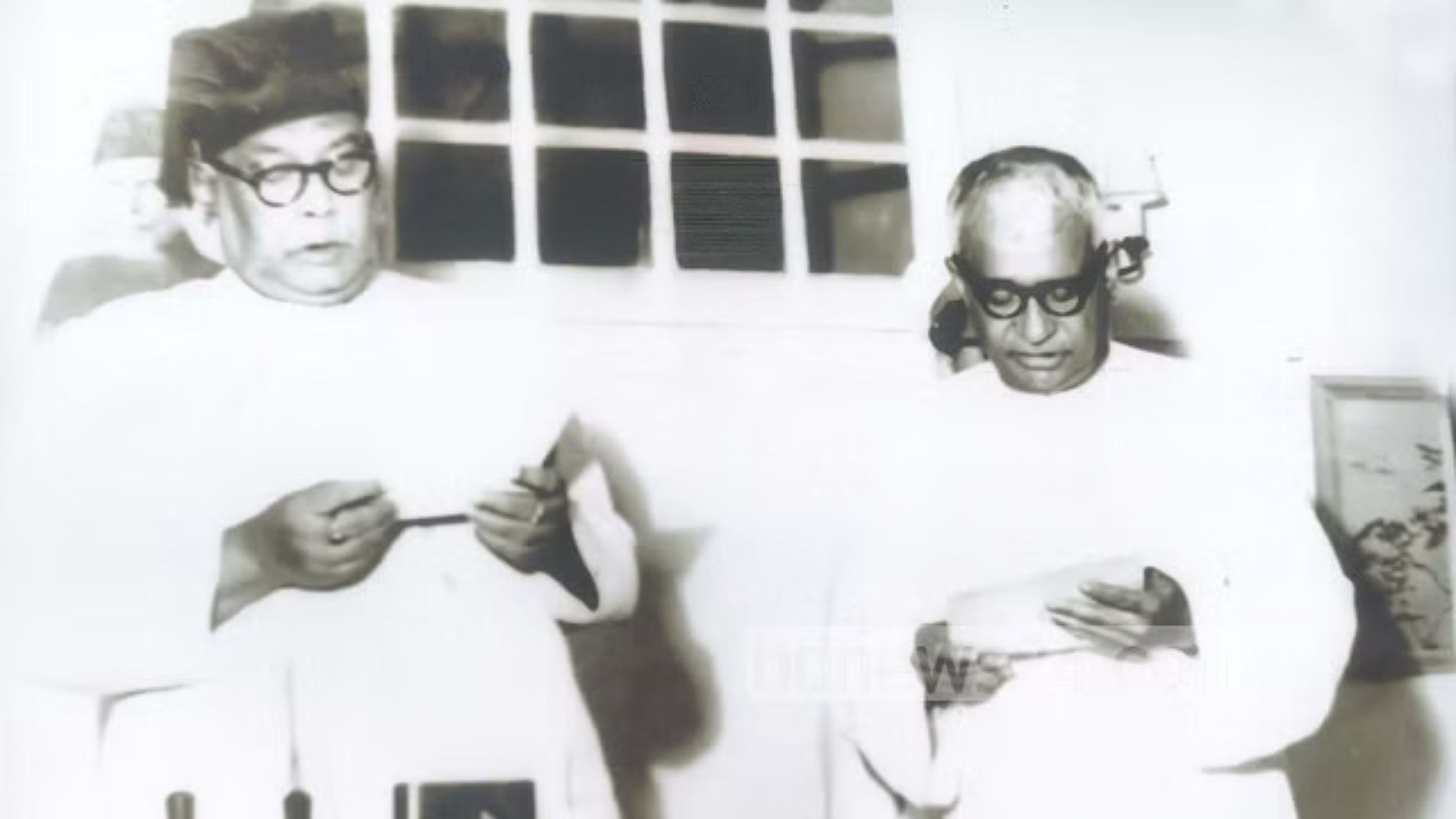
On midnight of March 25th, 1971, West Pakistan launched Operation Searchlight in the east – a nationwide witch-hunt of Bengalis. On March 29th, West Pakistani forces raided Dhirendranath's home in Comilla and dragged away the 84-year-old and his younger son Dilip. Neither was ever seen again.
We only know of their fate thanks to a barber who, despite being a Hindu Bengali, was spared as he provided valuable and needed service. Dhirendranath and his son were brutally tortured in the most heinous manner possible and then executed. Their mortal remains were never found.
Dhirendranath Dutta's entire life was an example of deep nationalism, humanity and sacrifice. In Bangladesh, he still remains in the national consciousness, but in India, he is, unfortunately, one of the innumerable many whose ultimate sacrifices for the country and countrymen remains a forgotten affair.
Sources:
https://www.thedailystar.net/views/in-focus/news/dhirendranath-dutta-portrait-patriot-2224291
https://bdnews24.com/opinion_en/2016/11/02/dhirendranath-duttaour-dream-maker/
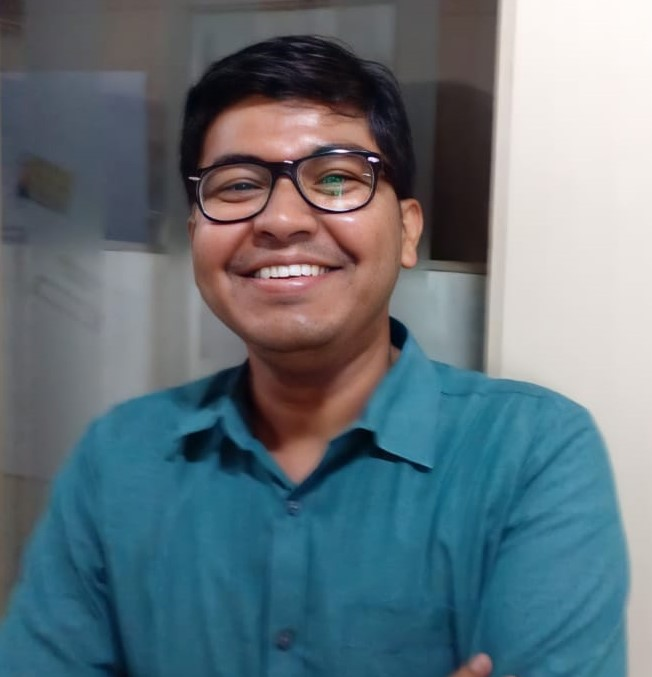 Based out of Kolkata, Trinanjan is a market researcher by profession with a keen interest in Indian history. Of particular interest to him is the history of Kolkata and the Bengal region. He loves to write about his passion on his blog and also on social media handles.
Based out of Kolkata, Trinanjan is a market researcher by profession with a keen interest in Indian history. Of particular interest to him is the history of Kolkata and the Bengal region. He loves to write about his passion on his blog and also on social media handles.
NEXT ARTICLE

At the southernmost tip of this mesmerising ensemble lies the majestic Great Nicobar Island, boasting an impressive landmass of about 910 square kilom...
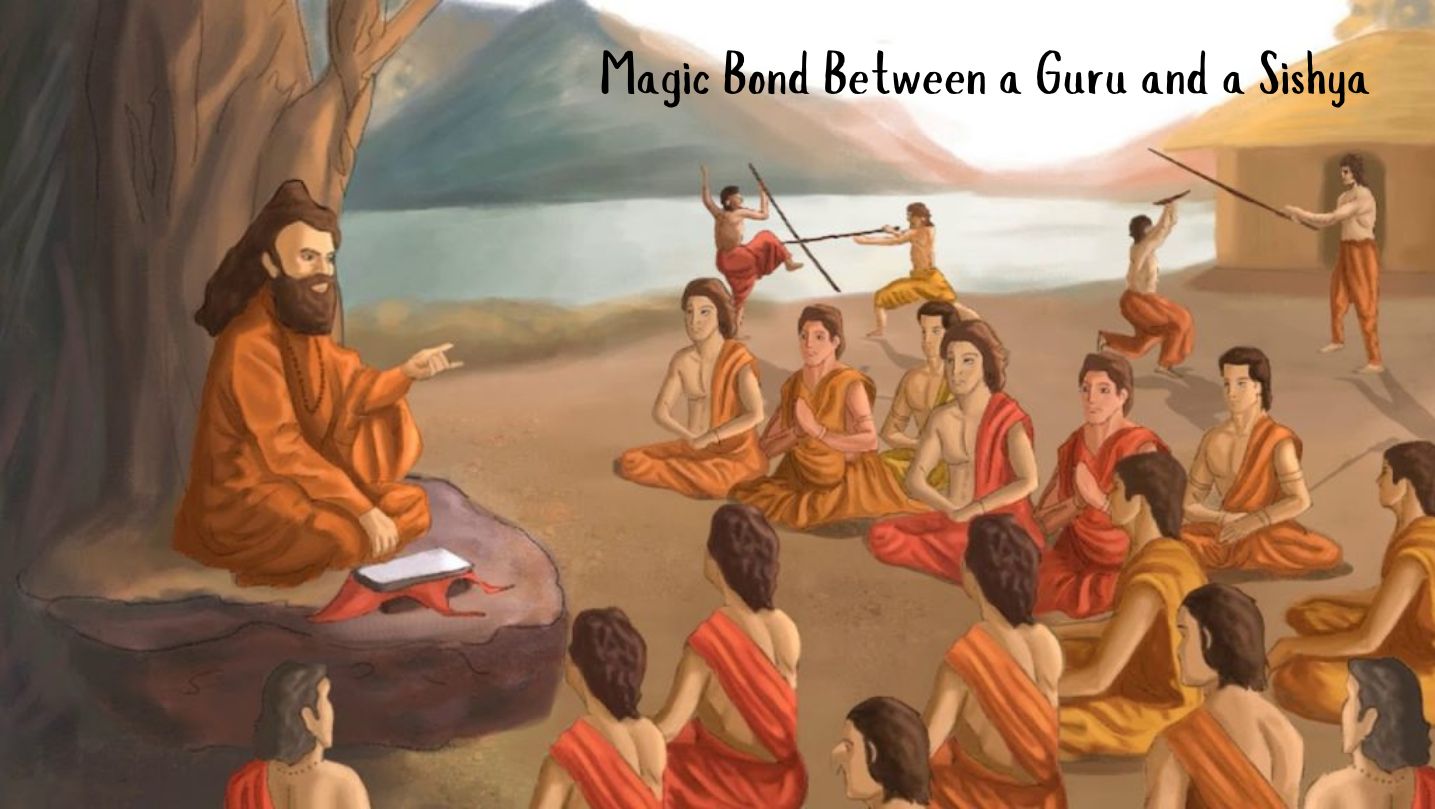
Bharath has always been a land traversed by spiritual masters/ Guru since time immemorial. These spiritual masters have always upheld the core princip...
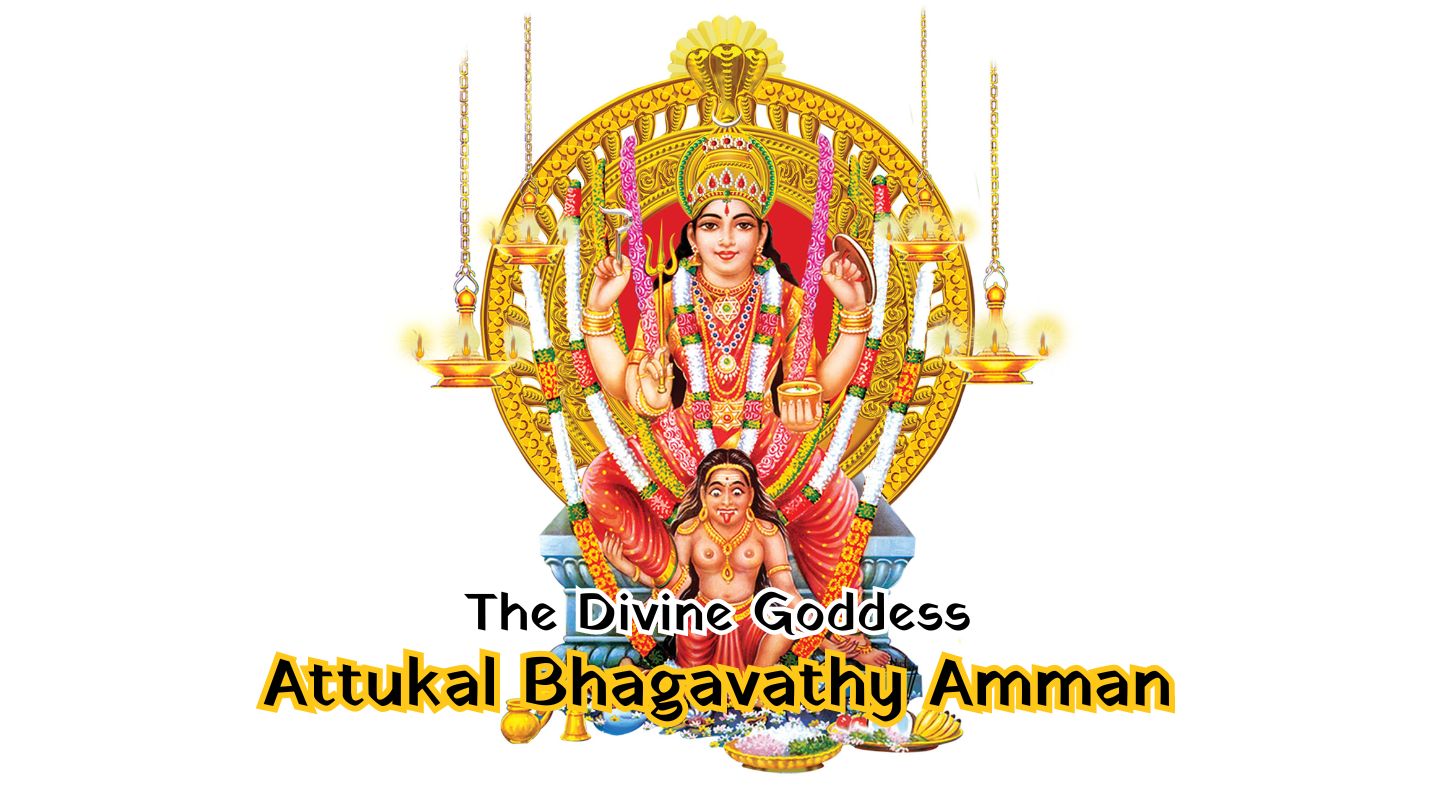
South India contains its fair share of unique pilgrimage centres. These divine places of worship have a prominent Sthala Purana, devoted followers, di...